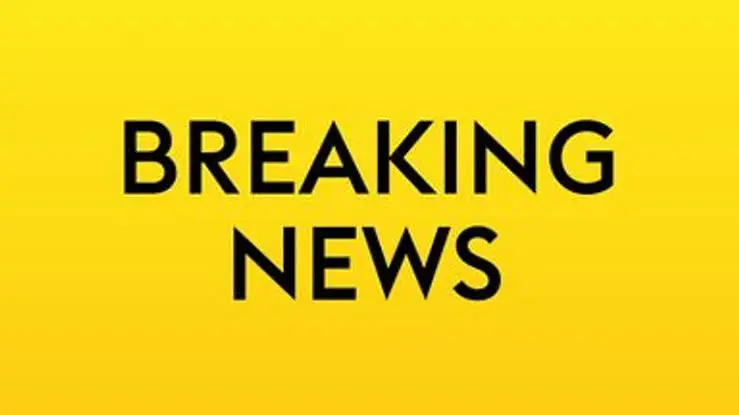Manchester United’s sporting director, Dan Ashworth, has unexpectedly resigned after just five months in the role, a development that has raised significant questions about the club’s stability and strategic direction.
Ashworth, a highly regarded figure with extensive experience, was seen as a key part of United’s plans to modernize their football operations. His sudden departure has sent shockwaves through the football world and left many wondering about the underlying issues at Old Trafford.
Ashworth officially started his tenure on July 1, following a gardening leave period after leaving Newcastle United, where he was widely respected as a technical director. However, his resignation came shortly after a reportedly contentious meeting with Manchester United’s CEO, Omar Berrada, in the aftermath of the team’s disappointing loss to Nottingham Forest.
Speculation suggests that Sir Jim Ratcliffe, a prominent part-owner of the club, played a significant role in the decision. While insiders hint at internal disagreements leading to his exit, Manchester United has publicly described the situation as a “mutual agreement.”
At 53, Ashworth brought a wealth of expertise to the role, which involved overseeing recruitment and football performance. Reporting directly to Berrada, who joined from Manchester City, and collaborating with technical director Jason Wilcox, Ashworth was part of a leadership team aiming to revamp Manchester United under Ratcliffe’s guidance. Wilcox and Ashworth worked closely to implement a modernized operational strategy, a key priority for the club’s leadership.
During his brief stint, Ashworth played a pivotal role in a busy summer transfer window. Manchester United spent approximately £200 million on high-profile signings, including Leny Yoro, Manuel Ugarte, Matthijs de Ligt, Noussair Mazraoui, and Joshua Zirkzee. Beyond transfers, Ashworth was instrumental in extending Erik ten Hag’s contract, although the manager was dismissed just months later, further highlighting the club’s ongoing struggles with strategic consistency.
Ashworth’s recruitment by Manchester United was itself a notable achievement. After lengthy negotiations with Newcastle United, the club managed to secure his services for a compensation fee of £2–3 million, far below Newcastle’s initial demand of £20 million. Known for his successes at Brighton and the Football Association, Ashworth was widely regarded as one of the sport’s top sporting directors. His arrival was championed by Ratcliffe, who viewed Ashworth’s appointment as critical to rebuilding United into a dominant force.
Despite the optimism surrounding his hiring, Ashworth’s sudden departure casts a shadow over the club’s internal dynamics. Ratcliffe has been increasingly vocal about Manchester United’s shortcomings, criticizing outdated recruitment practices and data analysis processes as major obstacles to progress. He has called for sweeping changes to address these inefficiencies and restore the club to its former glory.
Ashworth’s resignation leaves Manchester United facing significant challenges at a critical juncture. The club is grappling with modernizing its infrastructure, improving squad performance, and regaining its position among Europe’s elite.
Whether Ashworth’s departure will prompt meaningful reform or deepen the club’s struggles remains to be seen. For now, his brief tenure will likely be remembered as a missed opportunity in Manchester United’s ongoing efforts to return to the pinnacle of football.
